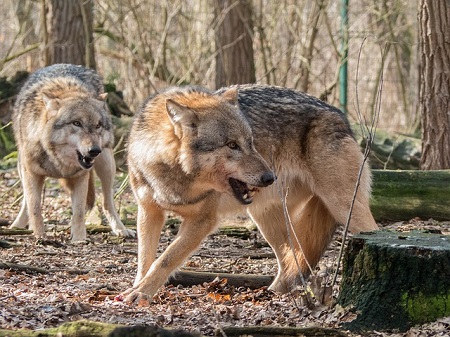Count Your Blessings

I love to hear Bing Crosby and Rosemary Clooney sing “Count Your Blessings” in the movie White Christmas. I also love the words of the hymn “Count Your Blessings.” In recent years, Laura Story’s “Blessings” has become another favorite.
Laura wrote “Blessings” after she learned her husband had a brain tumor. I first heard it after my husband’s brain tumor diagnosis. Laura tells her family’s story in this video.
All three of these songs remind me (and you) to be thankful.
We can count our blessings at all times and in all circumstances.
- During good times and bad
- Whether rich or poor
- When alone or with others
Hard times can be blessings in disguise.
- Illness often gives us a greater love for life.
- Job loss sometimes leads to a better job.
- Pain can make us stronger.
- Money problems can teach us better spending habits.
Let’s think about the good in our lives and give thanks. When life gets hard, let’s ask God to show us the blessings in those experiences.
Happy Thanksgiving!
“May God our Father shower you with blessings and fill you with his great peace” (Colossians 1:2 TLB)
What are some of your greatest blessings? Please comment below.
Subscribe to receive my weekly posts by email and receive a free copy of “Words of Hope for Days that Hurt.”
If you enjoyed this post, please share it with your friends.
 Sometimes you need to save your breath.
Sometimes you need to save your breath. Some work we love. Some work we hate. Much work we do as a labor of love.
Some work we love. Some work we hate. Much work we do as a labor of love.  We can’t go back when we burn our bridges behind us.
We can’t go back when we burn our bridges behind us. We read about a wolf in sheep’s clothing in Aesop’s Fables and the Bible. Both show the danger of an enemy who looks like a friend.
We read about a wolf in sheep’s clothing in Aesop’s Fables and the Bible. Both show the danger of an enemy who looks like a friend.
 Please welcome my friend Sue Davis Potts as today’s guest writer. Sue and I met at
Please welcome my friend Sue Davis Potts as today’s guest writer. Sue and I met at  Some things can’t be undone.
Some things can’t be undone.
 Dogs (especially puppies) often get in trouble. They:
Dogs (especially puppies) often get in trouble. They: Many of us love spending time with children who are knee high to a grasshopper. They are:
Many of us love spending time with children who are knee high to a grasshopper. They are: As my dad used to say, sometimes we need “peace and quiet and very little of that.”
As my dad used to say, sometimes we need “peace and quiet and very little of that.”